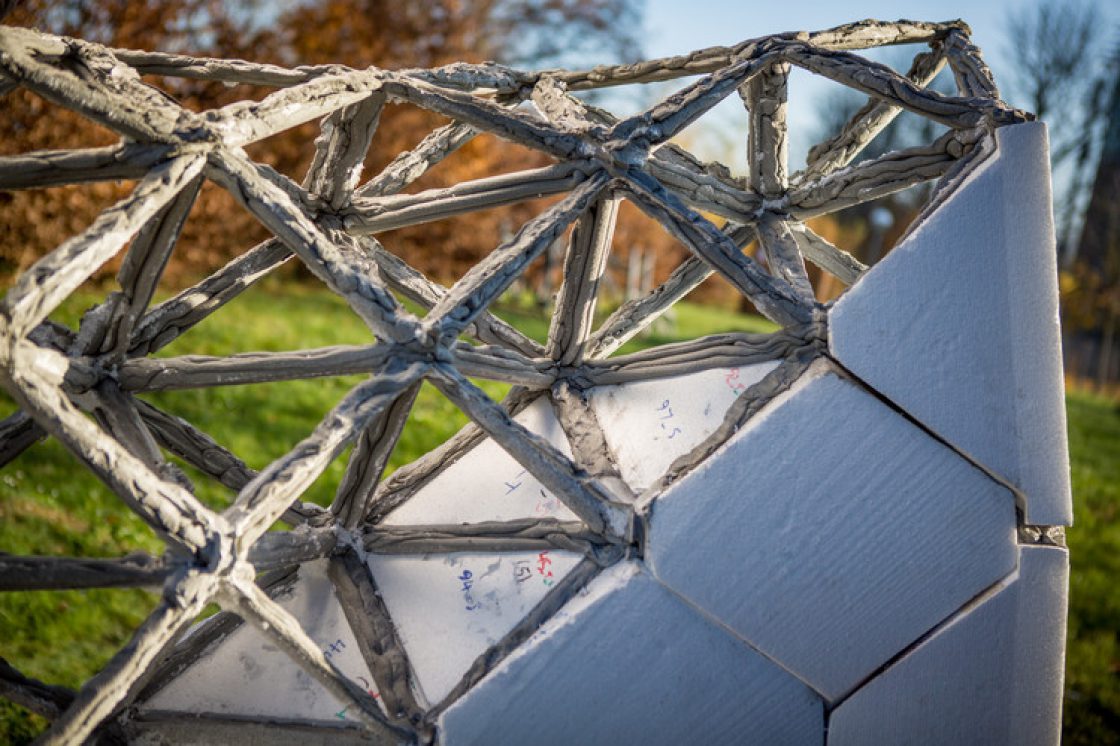EDUCATIONAL PLATFORM FOR LIFE CYCLE ANALYSIS OF TREATMENTS BASED ON NANOPARTICLES APPLIED TO THE CONSTRUCTION INDUSTRY.
PROJECT
Nanometric products began to become popular in the 1980s, encompassing particles in the range of 1 to 1Z00 nm. In July 1990, one of the first international symposia on Nanoscience and Nanotechnology was held in Baltimore (USA), where the study of nanomaterials and nanotechnology was formally defined as a sub-area of the basic sciences.
The rise of nanomaterials has led to their introduction into various sectors in recent years. One of these is the construction sector, where nanomaterials are often used in the form of additives, coatings and treatments. Studies in Switzerland and Japan show that nanomaterials such as Ag, CeO2, Fe2O3, SiO2, TiO2, ZnO and Al2O3 are already present in the construction sector.
Despite their presence in various building materials, products containing nanoparticles in their composition and used in the sector are still niche products in Europe and very little information is currently available on them, both in the health and environmental fields.
In 2009, the European Union, through the Scientific Committee on Emerging and Newly Identified Health Risks (SCENIHR), claimed to have demonstrated the health and environmental hazards of several manufactured nanomaterials. The existence of an emerging risk has made the implementation of actions related to nanotechnologies with an integrated, safe and responsible approach a central element of EU policy.
To address the environmental aspect, and to try to make the construction sector more sustainable, this project proposes to promote the use of Life Cycle Assessment (LCA) methodology in nanoparticulated products among professionals in the sector, so that they are able to select the nanoproducts that will provide the best performance to the construction material, but always from a sustainable point of view and minimising the environmental impact generated by the construction sector.
Training the future agents of change by making use of an OER created by the partners from the different EU countries, containing innovative, cross-cutting and international knowledge and in which the rest of the EU partner countries can also make their contributions if they so wish, is a necessary change. Equipping students with this knowledge will, in the near future, improve some environmental aspects of construction, making their contribution to trying to meet the targets set by the EU in the “2030 Climate Target Plan”, mainly with the training of personnel to carry out green jobs.
OBJECTIVES
The NanOER project will contribute to providing nano-product manufacturers, construction sector professionals and environmental managers with the knowledge necessary to understand the environmental and health impacts generated by the manufacturing, application and disposal processes of the most frequently used nano-products in the construction sector.
PROMOTOR
![US[1]](https://nanoer.eu/wp-content/uploads/elementor/thumbs/US1-q8ykoemfq3fn8rdamsfzx355xndq89b1sqoz2ysav4.jpg)
Universidad de Sevilla (Spain)
PARTNERS
![nationalAthens[1]](https://nanoer.eu/wp-content/uploads/elementor/thumbs/nationalAthens1-q8ykpbisdaooj41iaonxucuaq4vkpnxnl9iyvnfitc.png)
National Technical University of Athens (Greece)
![CTH-AB[1]](https://nanoer.eu/wp-content/uploads/elementor/thumbs/CTH-AB1-q8ykq5lmfztuumttf1o02591qgrbjz92deei8i6xa8.png)
Chalmers Tekniska Hoegskola AB
![CTM[1]](https://nanoer.eu/wp-content/uploads/elementor/thumbs/CTM1-q8ykn6g0svr6335gsrcj5wai0jfh6hfnyo15iylszk.png)
Asociación Empresarial de Investigación Centro Tecnológico del Mármol, Piedra y Materiales (Spain)




